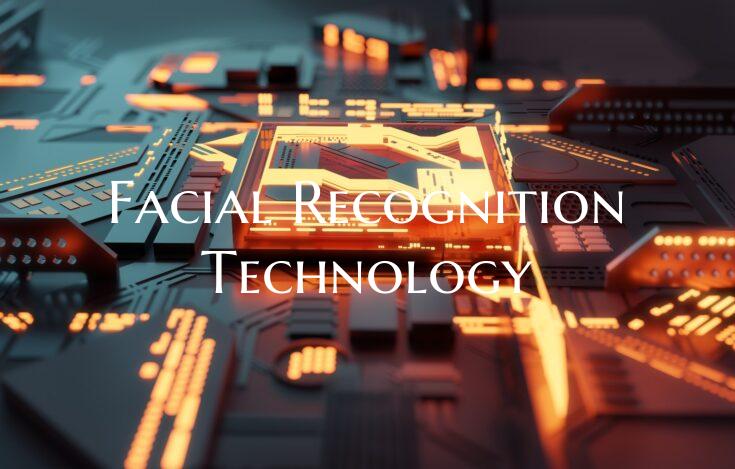Facial Recognition Technology
Facial recognition technology is a cutting-edge innovation that has transformed the way we interact with technology and security systems. By analyzing and identifying unique facial features, this technology enables the quick and accurate verification of individuals in various settings.
One of the most common applications of facial recognition technology is in security and surveillance. In airports, train stations, and other public spaces, this technology helps identify potential threats or wanted individuals by scanning faces against databases of known suspects. This capability enhances public safety and allows for the swift apprehension of criminals.
Furthermore, facial recognition technology has streamlined processes in many industries. From unlocking smartphones to enabling contactless payments, the ability to securely verify identities through facial recognition has made transactions more efficient and secure. In addition, businesses are increasingly using this technology for personalized marketing strategies, as it enables targeted advertising based on customers' demographic information.
Despite the numerous advantages of facial recognition technology, concerns regarding privacy and data security have been raised. Critics argue that the widespread use of facial recognition technology could lead to potential misuse and invasion of privacy. There are also concerns about the accuracy of facial recognition algorithms, particularly in recognizing individuals of different races and genders.
To address these concerns, organizations and policymakers are working to establish guidelines and regulations for the responsible use of facial recognition technology. By implementing transparent data practices, obtaining consent from individuals, and regularly auditing algorithms for bias, the aim is to ensure that facial recognition technology is utilized ethically and with respect for individuals' privacy rights.
In conclusion, facial recognition technology has revolutionized the way we interact with technology and enhanced security measures in various sectors. While there are valid concerns about privacy and data security, responsible implementation and regulation can help maximize the benefits of this groundbreaking technology while safeguarding individuals' rights.

